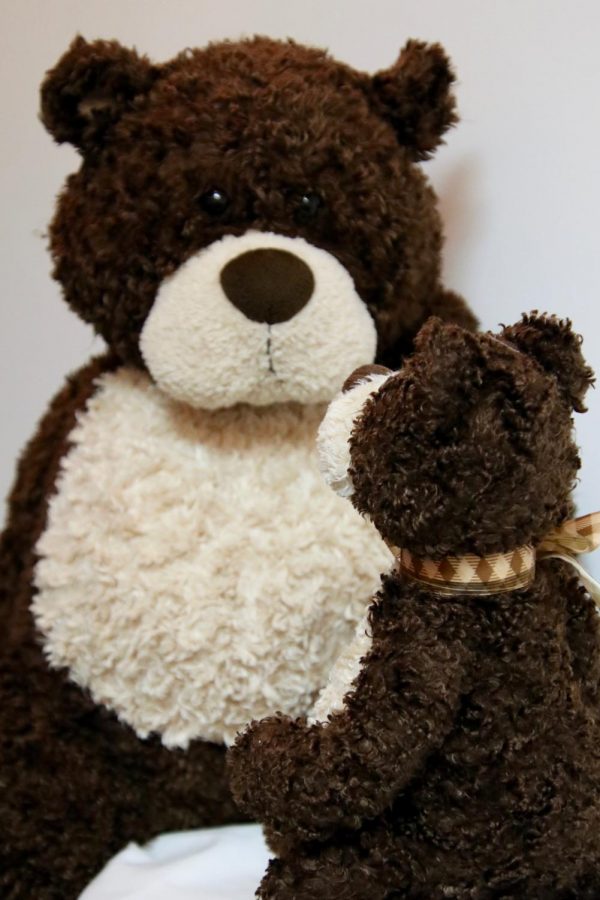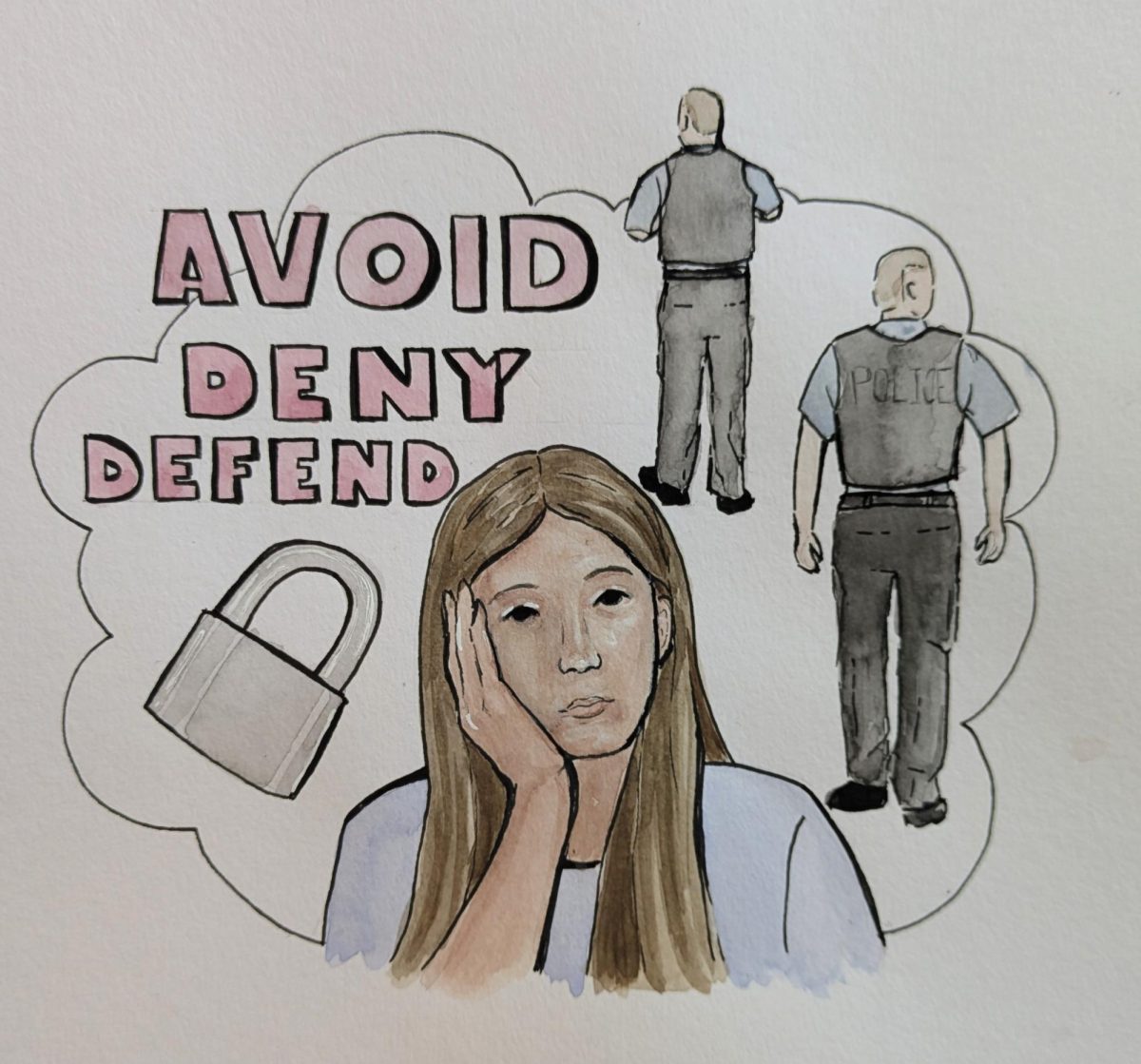Emmaus community reflects on emotional impact of childhood stuffed animals
January 25, 2021
The thought of keeping childhood stuffed animals seems perplexing to many individuals, yet surprisingly, not so uncommon for most.
In a poll consisting of 241 Emmaus High School students, 66 percent of those surveyed still keep their beloved stuffed animals with them. Furthermore, in a 2018 study sponsored by Life Storage, over 2,000 Americans were surveyed, and about 53 percent of participants admitted to having childhood stuffed animals in their possession.
One explanation to this puzzling discovery is that stuffed animals provide a sense of comfort for people both young and old. These toys act as companions to those who suffer from depression, anxiety and overall loneliness. Stuffed animals can even be compared to real pets because of the way they provide a type of solace for their owners. Many feel safe and protected when surrounded by their stuffed animals and couldn’t live without them.
Angel Lopez, a sophomore at Emmaus High School, points out the fact that dealing with loneliness is just a little bit easier with the help of his stuffed furry friends.
“They make me feel like I have company and that I’m not alone,” Lopez said.
Additionally, he mentions how his stuffed animals are also symbolic of his mother’s love.
“Since my mom gave me most of them, it reminds me that my mom loves me and it just makes me feel better,” Lopez says. “It gives me a happy feeling just being with them, just their presence is enough.”
Sarah Smith, another EHS sophomore, claimed her stuffed animals helped her deal with certain negative emotions all throughout her life.
“Yeah they help when I get stressed out, anxious or depressed,” Smith said. “I feel safe and comforted, like when I was little.”
Like Smith, Jolene Villanueva, a psychology major at Montclair State University, personally uses stuffed animals to help her deal with stress, anxiety and depression. She further explains that hugging stuffed animals can even release beneficial hormones, which can overall positively impact our mental state.
“Stuffed toys help a lot with issues such as depression, anxiety, and stress. Hugging [them] has shown to release a hormone called oxytocin, which leaves us feeling calm and soothed,” Villanueva states. “So hugging or cuddling with stuffed toys have a very comforting effect and gives us a sense of security.”
Villanueva also adds that stuffed animals can benefit the mental development of children.
“Socialization, language, imagination, confidence, and comfortability; all are aided by the use of stuffed animals,” She says. “[Stuffed animals] encourage compassion in children and help in cognitive understandings of right and wrong.”
Although keeping stuffed animals may be perceived, by some, as being childish, they may very well be a grownup way to deal with one’s mental and emotional challenges. So, perhaps, in these stressful times, dusting off that stuffed bear that has been sitting in your basement for a couple years — isn’t such a bad idea.












